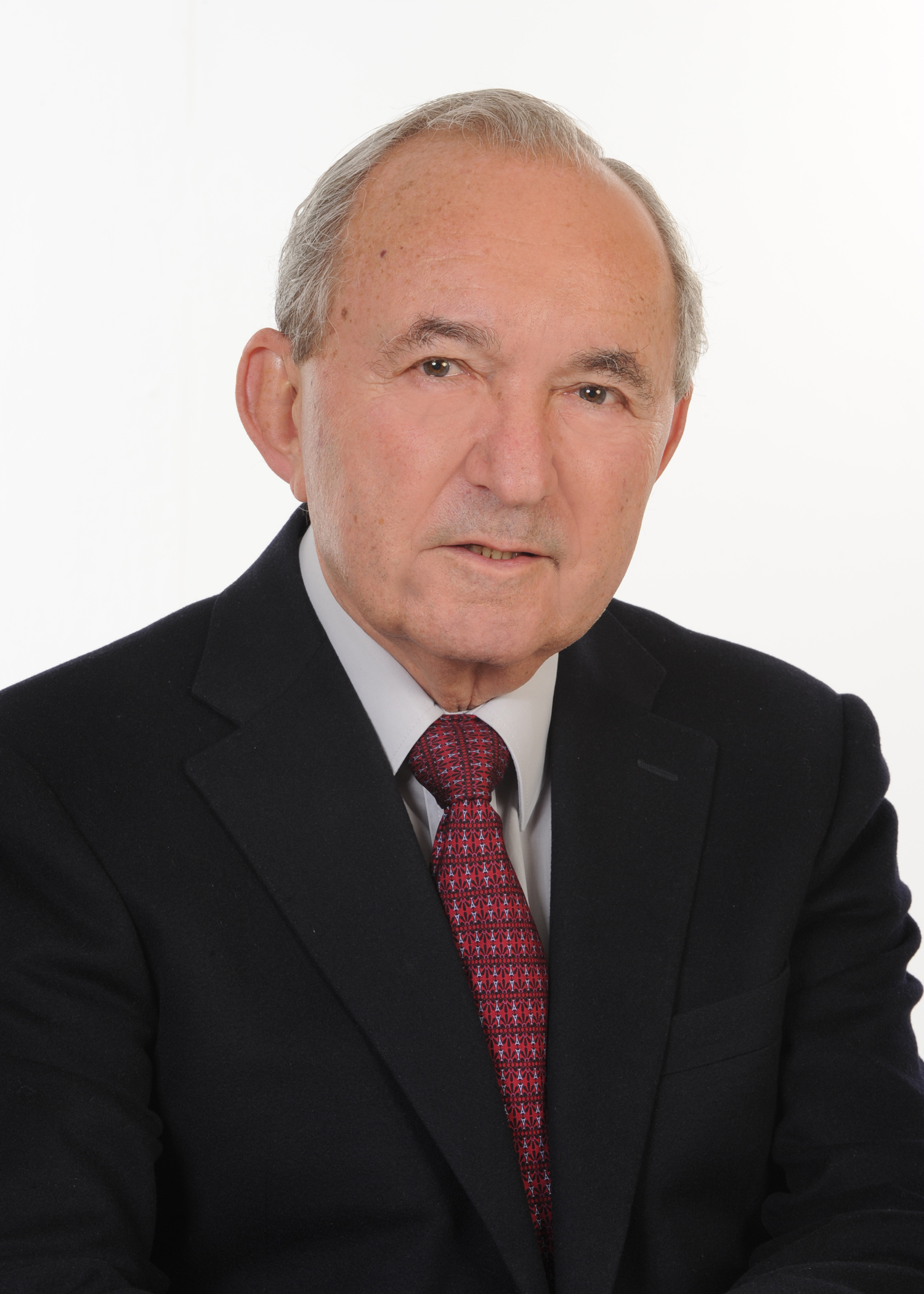ICMP introduced a DNA-led process of identification that has made it possible to account for almost 90 percent of the Srebrenica victims.
ICMP, which Ms. Bomberger has led since 1998, was established as a result of a proposal by former US President Herzegovina enabled the establishment of the Missing Persons Institute of B&H (MPI) in 2005, to augment the work of ICMP.
Bosniaks killed between 30 April 1991 and 14 February 1996 make up 85 percent of all missing persons in Bosnia and Herzegovina. Over 200,000 people lost their lives during the conflict, a fi gure that includes approximately 31,500 missing persons. Of the 28,320 verifi ed cases, 14,749 have been identifi ed by DNA, and their remains have been returned to their families . A further 7.011 were identifi ed by traditional methods, such as through their clothing, possessions and identifi cation documents. These methods of identification were most often used before 2001, when investigators did not have access to DNA analysis laboratories.
The use of DNA was particularly important in regard to Srebrenica because the perpetrators returned in late 1995 and tried to hide evidence by moving bodies from primary mass graves to secondary and tertiary graves. Human remains were broken up by mechanical diggers and scattered across sites up to 50 kilometres apart, making identification through traditional means almost impossible. The evidence provided supported the prosecution case – offering incontrovertible data that thousands of men and boys, now named as individual victims, were murdered after the fall of Srebrenica. Moreover, the pattern of DNA-linkages within and between primary and secondary graves informed the court of systematic activities associated with the crime and later attempts to conceal the bodies.
„In 2001, ICMP pioneered what was a revolutionary new approach when it introduced a DNA-led process of identifying the missing. Over the last 15 years the results have been extraordinary—an exponential rise in the number of identifications. It has become possible to identify remains that couldn’t be identified by traditional methods.“
„ICMP has demonstrated that missing persons can be found. Prior to the creation of ICMP, when a person went missing, particularly as a consequence of conflict or human rights abuses, they were, more often than not, never found. ICMP has shown that states can account for missing persons, and that perpetrators can be held to account.“
„The families of the missing have the right to learn the truth about the fate of their missing relatives, and they also have a right to justice and socio-economic benefits. ICMP works with the Family Associations of the missing to give them a powerful voice, and through educational training and seminars works toward ensuring that they actively participate in seeking answers from government authorities and other institutions to learn the fate of their missing relatives.“
„The ICMP has a long history of cooperation with the Mothers of the Srebrenica and Žepa Enclaves, and other family associations from Srebrenica and the Western Balkans. A group of three Srebrenica family associations has tirelessly worked for truth and justice. They have provided a support network for mothers whose sons and other male family members were last seen alive in July 1995. They have lobbied the B&H authorities to locate and excavate many hundreds of clandestine gravesites, and to identify the human remains of the missing recovered from those sites using DNA technology. These three associations—Mothers of the Srebrenica and Žepa Enclaves, Women of Srebrenica, and Mothers of Srebrenica—as well as other family associations from Bosnia and Herzegovina, were instrumental in pushing the B&H authorities to establish a state-level institution, the Missing Persons Institute, to supersede the entity-level commissions that had existed till then and thus usher in a new era, in which the search for the missing would be carried out without regard for the ethnicity, religion or nationality of the missing. They were also instrumental in lobbying for the B&H Law on Missing Persons—the first ever piece of domestic legislation anywhere in the world that safeguards the rights of families of the missing, and sets out the obligations of the state to locate, recover and identify the missing.“
„ICMP’s work is not about the dead, but about the living. Th e fundamental human rights work of ICMP is not only palliative, it is preventative; the healing and recovery it aff ords victims, as well as the process of accountability it helps to foster with governments, are absolutely integral to the process of reconciliation, justice and ultimately confl ict prevention. In the end, this is a positive undertaking, to help survivors, and to work with governments and societies to prevent the recurrence of crimes and atrocities.“
„The killers’ attempt to hide evidence by scattering body parts made the usual identification process using articles of clothing, distinguishing physical features and identity documents almost impossible. In 1999, ICMP made the decision to harness a new technology, DNA, to identify the victims. Many observers were skeptical about the efficacy of what was then an untried approach – but it turned out to be astonishingly successful: the number of identifications increased exponentially. Today, almost 7,000 of the 8,000 missing from Srebrenica have been identified using DNA.“
„The work of ICMP, in particular the scientific evidence of the identity of victims from the conflicts of the 90s, has made it possible to piece together an incontestable narrative of crimes, and to present this evidence in numerous trials, including those of Radovan Karadžić and Ratko Mladić.“
„There are no ways of quantifying human love, but there are tangible and useful ways of dismantling the legacy of hate. Accounting for the missing and safeguarding the rights of survivors, including the rights to truth and justice, is among those ways.“
Read InterviewSources
- Hafizović-Hadžimešić, A. (2021). On the Side of Humanity [Na strani čovječnosti]. Sarajevo: Udruženje Pokret majki enklava Srebrenica i Žepa.
- International Commission on Missing Persons. (n.d.). Why we are excavating the dead of Srebrenica. Retrieved from https://www.icmp.int/news/why-we-are-excavating-the-dead-of-srebrenica-2/
- Islamic Informative Newspaper "Preporod"







